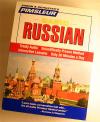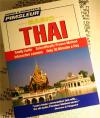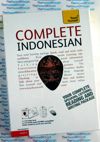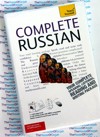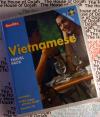Teach Yourself Nepali- 2 Audio CDs and Book - Learn to speak Nepali
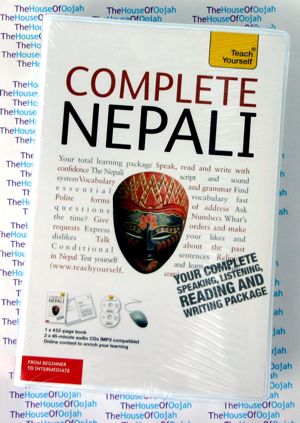
Teach Yourself Complete Nepali - Book and 2 Audio CD'sGet Other Teach Yourself Language Learning Audio Books click here |
Teach Yourself Complete Nepali - 2 Audio CDs and BookBrand New (still shrink wrapped) 2 CDs and Book
*learn how to speak, understand and write Nepali
This book/CD pack is a complete course in understanding, speaking and writing Nepali, the lingua franca of the central and eastern Himalaya, and the national language of Nepal. If you are a beginner, or if your Nepali just needs brushing up, this course will progress quickly beyond the basics to a level where you can communicate with confidence. The course has proved effective as teaching material for both class tuition and individual study.
Table of Contents:
About the LanguageNepali is an Indo-Aryan language spoken in Nepal, Bhutan, and some parts of India and Myanmar (Burma). It is the lingua-franca of Nepal and also one of 23 Official languages of India incorporated in 8th annex of the Indian Constitution. It is a lingua-franca of the state of Sikkim and has official language status in West Bengal's Darjeeling district. Similarly it is spoken in State of Uttaranchal as well as in the state of Assam. Roughly half of the population of Nepal speaks Nepali as a mother tongue. Beside this some casr and religions use their own language as their first language. However, the official language of Nepal is Nepali. Nepali goes by various names. It was also called Gorkhali or Gurkhali, "the language of the Gurkhas," and Parbatiya, "the language of the mountains." Khaskura is the oldest term, literally speech of the Khas, who were peasants in the Karnali-Bheri basin of far western Nepal since prehistoric or early historic times. Khaskura exists in opposition to Khamkura, a group of Tibeto-Burman dialects spoken by Kham peoples in the highlands separating the Karnali-Bheri basin from the Gandaki basin in central Nepal. Nepali is the easternmost of the Pahari languages, a group of related languages spoken across the lower elevations of the Himalaya range, from eastern Nepal through the Indian states of Uttarakhand and Himachal Pradesh. The influence of the Nepali language can also be seen in Bhutan and some parts of Burma. Nepali developed in proximity to a number of Tibeto-Burman languages, most notably Nepal Bhasa, and shows Tibeto-Burman influences. Nepali is closely related to Hindi but is more conservative, borrowing fewer words from Persian and English and using more Sanskritic derivations. Today, Nepali is commonly written in the Devanagari script. There is some record of using Takri script in the history of Nepali, especially in western Nepal, Utarakhand, and Himanchal. Bhujimol is an older script native to Nepal. Nepali is mutually intelligible with Hindi and Urdu speakers. Nepali developed a great literature within a short period of hundred years in the nineteenth century, fueled by Adhyatma Ramayana; Sundarananda Bara (1833); Birsikka, an anonymous collection of folk-tales; and a Ramayana by Bhanubhakta. The contribution of trio-lauretes Poudyal, Devkota, and Sama took Nepali to the level of other world languages. The contribution of laureates outside Nepal, especially from Darjeeling and Varanasi, is also worth noting. The sole use of Nepali in the courts and government of Nepal is being challenged. The issue of recognition of other ethnic languages in Nepal was one of the talking points raised by the Maoist insurgency. A Cabinet Minister, Matrika Yadav, recently took a ministerial oath in the Maithili language, rather than Nepali.Teach Youself Complete Nepali - Book and 2 Audio CD's |
| Stock Info: | Out Of Stock |
| Receive In Stock Notification |

 0 Items (Empty)
0 Items (Empty)
